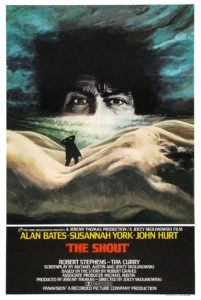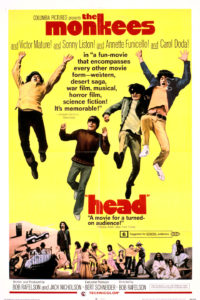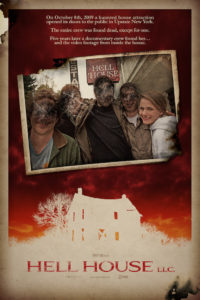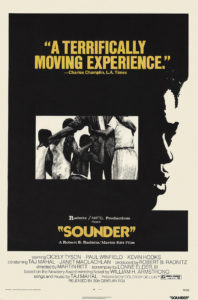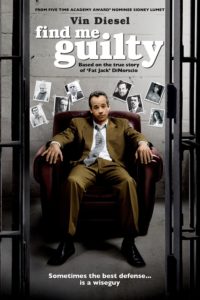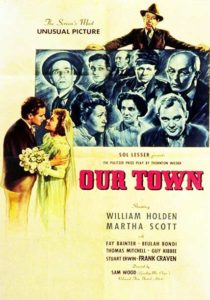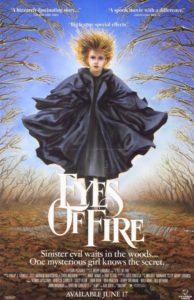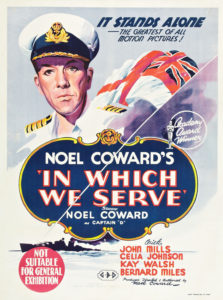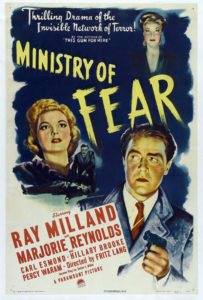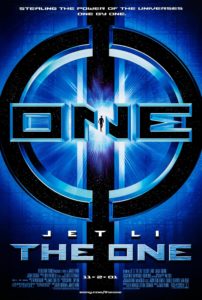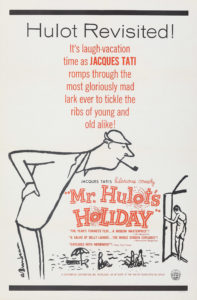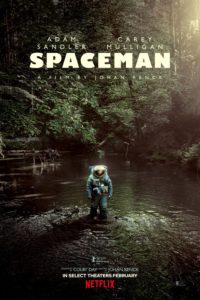I watched another 6 movies last week:
 |
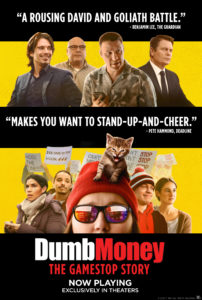 |
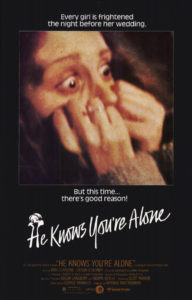 |
- I don’t know how much mileage there actually is in “Lord of the Flies in space” as a concept, but Voyagers doesn’t take it nearly far enough, and the movie never travels beyond the orbit of unengaging characters and tired cliches.
- Dumb Money has clearly studied at the feet of The Big Short, but at least it seems to have mostly learned the right lessons from that movie. (Unlike, for instance, The Big Short‘s director.) The narrative here feels a little incomplete, and too reliant on real-life footage (and memes), but the movie is genuinely crowd-pleasing, thanks largely to a very engaging cast.
- He Knows You’re Alone is a tedious bore—let down by bad acting, an even worse script, and pacing that would need a half dozen jump-scares to be called sluggish. Even by the relatively low standards of early 1980s slasher movies, this is bizarre and lousy. If, like me, you’re tempted to watch it simply because it happens to be Tom Hanks’ first film credit, just know that if his brief appearance qualifies as a highlight, that’s only because there are so many lowlights.
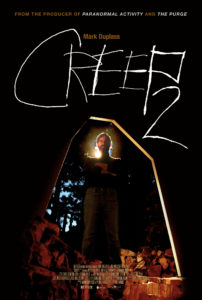 |
 |
 |
- Creep 2 adds an interesting new twist to the already oddball found-footage approach of the first movie. Maybe not interesting enough to justify its existence, but there is a certain magnetism to the two leads.
- I can understand why Shirley focuses so entirely on Chisholm’s failed 1972 run for President, but in doing so, the movie shortchanges the rest of her life and political career, and even the context necessary to understand that presidential bid. Regina King is very good, but the movie relies entirely on her to bring any actual character development to the table.
-
- Memoria definitely has a wavelength; I’m just not sure it’s a wavelength I’m entirely on.
I also re-watched Patton, which turns out to be a decent if unremarkable movie with a really great central performance.
